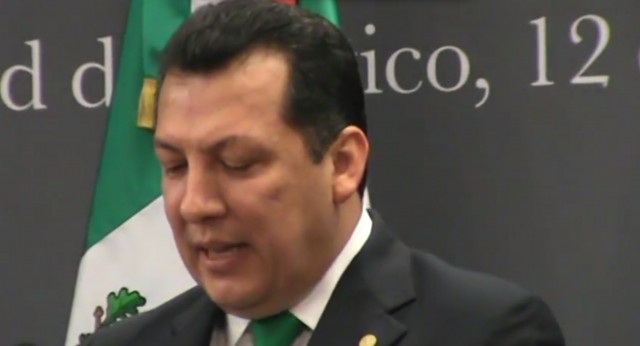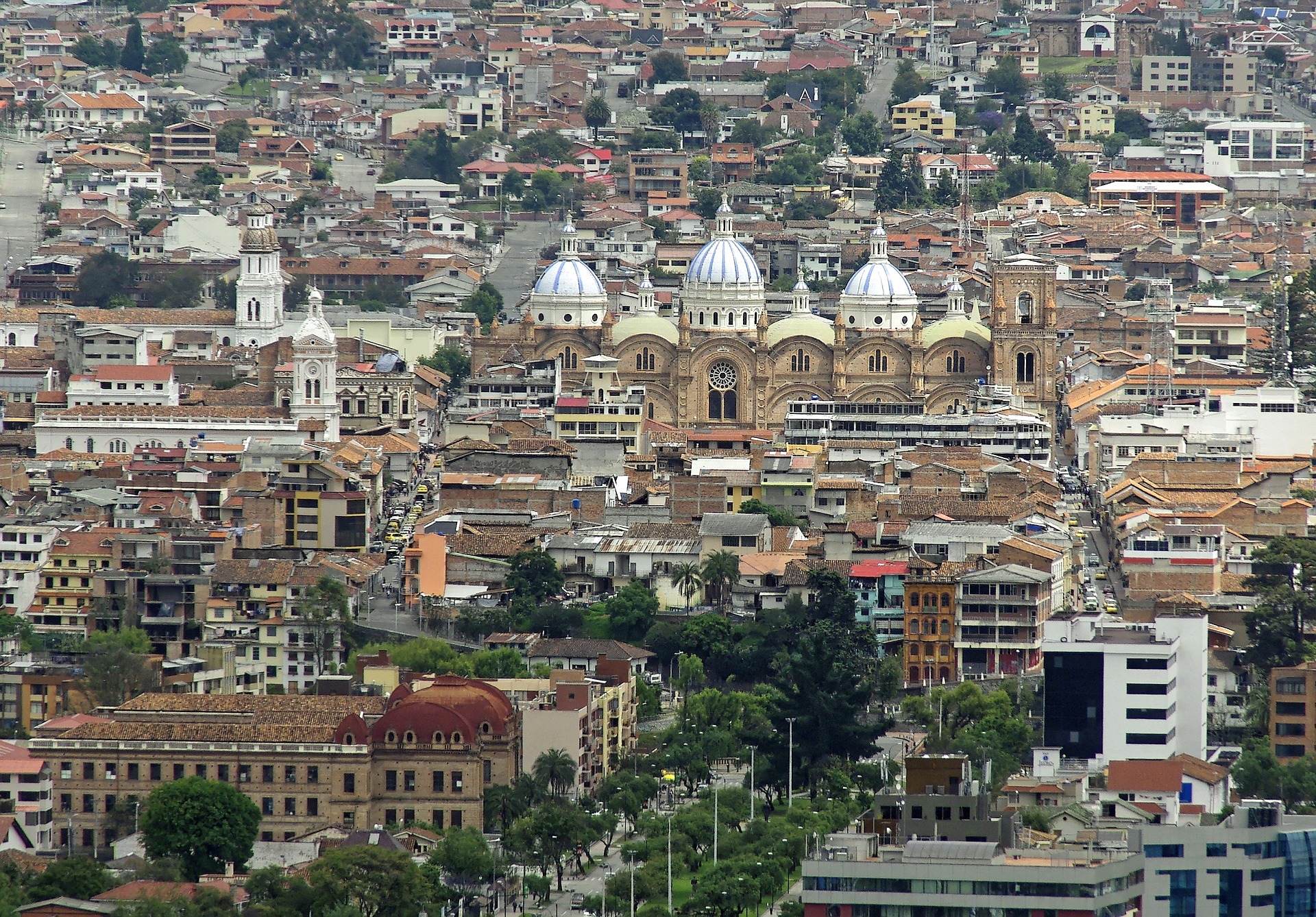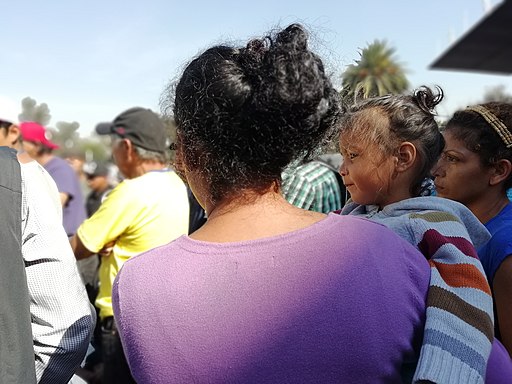
Latin America: Week in Review, Mexico, North America
Mexican Troops Executed Victims in June Slayings, Rights Body Finds
October 22, 2014 By Staff
Top Story — Mexican troops executed up to 15 of the 22 suspected gang members killed in June in the small town of San Pedro Limón, according to an investigation by the government’s human rights agency.
The account by Raúl Plascencia, president of the commission, contradicted several prior versions of a murky story offered at various stages by the military, the Attorney General’s office and an eyewitness.
Plascencia called for prosecutors to investigate a potential cover-up by military officials. At least eight soldiers, including an officer, are currently facing prosecution by the military for dereliction of duty.
After 22 suspected gang members were killed on June 30 in San Pedro Limón, Mexico state, the military first said all of them died in a shootout with troops. That account raised questions, as only one soldier sustained injuries.
In September, the Associated Press interviewed an eyewitness, who said she saw military troops execute the survivors of a brief gunfight, after they had been convinced to surrender.
The shootout started when the soldiers arrived at a warehouse where the suspected gang members had holed up with several kidnap victims. Some of the men who claimed to be victims, the eyewitness said, were also executed.
The eyewitness, whose daughter was among the suspects shot and killed, was detained along with two other apparent kidnap victims.
The government’s story evolved over time, along with that of the AP’s eyewitness.
On Oct. 8, Attorney General Jesús Murillo Karam said most of the suspects had been killed in two shootouts and that three of the soldiers involved later executed the survivors. Those three soldiers face homicide charges in civilian courts.
The AP’s eyewitness confirmed that version of events, Murillo Karam said. The eyewitness reportedly said she had first lied about the incident out of anger over her daughter’s death.
Prosecutors began investigating the incident in September, more than two months after the killings. A separate investigation by the human rights commission also began in September.
While the government is not required to abide by the commission’s demand for an investigation into a potential cover-up, officials must, if they decline to do so, explain why.
Headlines from the Western Hemisphere
North America
- U.S. authorities on Tuesday announced the arrest on Oct. 9 of accused Gulf Cartel chief Juan-Francisco Sáenz-Tames. The leader of the cartel since its previous boss’s arrest in 2013 was arrested while shopping in Texas.
- Many law enforcement officials working in southern Texas have been accepting bribes by Mexican drug traffickers, according to an investigation by Mexican newspaper El Universal, an excerpt of which which was translated by InSight Crime.
Caribbean
- The Dominican Republic is the latest country in the Americas to enact a travel ban covering Ebola-affected countries, a measure criticized as counterproductive by public health experts.
- Another 91 Cuban doctors set off Tuesday to join their 165 colleagues currently treating Ebola patients in West Africa, more than any other country has sent.
- Violence against LGBT people iswidespread in Jamaica, according to a report released Tuesday by Human Rights Watch, which called for the repeal of anti-sodomy laws and more support for victims in the country.
Central America
- Rudy Giuliani, former mayor of New York City, defended a “Call of Duty” video game in California’s Supreme Court against former Panamanian dictator Manuel Noriega, who sued the game’s publisher from jail for neglecting to ask his permission to include his likeness in the video game.
- A coalition of U.S. Latino and labor organizations visited Honduras earlier this month and concluded that the CAFTA-DR trade agreement, intended to improve economic opportunities in Honduras, has actually hurt the country.
- A legal dispute in El Salvador between the Australian mining company Oceana Goldcopr and the communities that oppose its operations will be decided not in El Salvador, but in the World Bank headquarters in Washington D.C.
Andes
- Colombian legislator Carlos Omar Angarita Navarro was kidnapped on Monday by alleged ELN guerrillas, following an announcement by the group that it is making progress on setting up peace talks with the government.
- Several members of the European Union have commited to help fund Colombia’s “Marshall Plan for Peace,” a redevelopment program focused on the regions worst hit by the country’s 50-year civil war.
Southern Cone
- The Brazilian state of Minas Gerais, birthplace of presidential contender Aécio Neves, has become the most important battleground in a nearly deadlocked race.
- Argentina’s ambassador to the U.K. has apologized to the BBC for violent protests that targeted crew members from the television program “Top Gear,” motivated by accusations that the crew members were driving cars with license plates mocking the 1982 Falklands War.
- Chilean President Michelle Bachelet’s watershed education reform bill has passed through the country’s lower house and moved on to the Senate, where it faces intense debate.
Image: Youtube
Subscribe to Today in Latin America by Email






2 Comments
[…] in Mexico. The head of the country’s human rights commission on Tuesday said military troops executed up to 15 suspected criminals after they surrendered following a brief shootout in […]
[…] soldiers in Mexico were charged in connection with the killing of 22 suspected gang members after a shootout with the army in […]
Comments are closed.